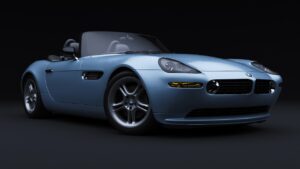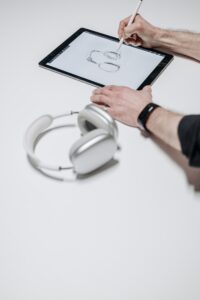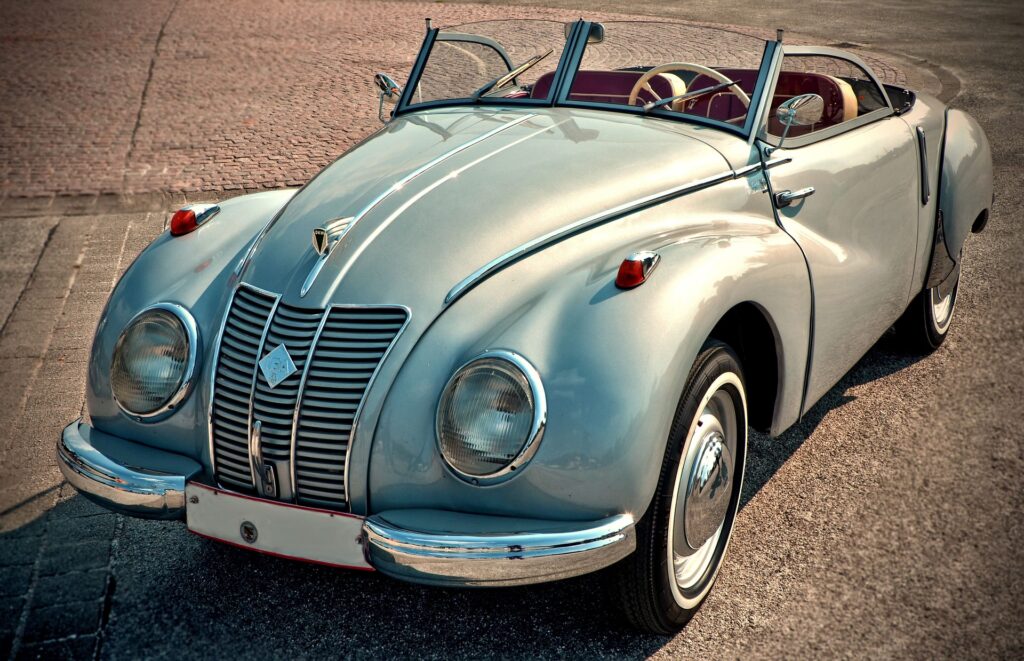Have you ever wondered what the difference is between industrial design and pure engineering? Here at Round Corner, we’ve thought about this for a while.
If you’re interested in designing the next great skyscraper, you’ll need to know how to do more than just make it look good. You’ll need to understand how it will function as a structure, and what forces of nature it must be designed to withstand. Every component must be designed with safety and durability in mind—if you want your skyscraper to still be standing in 100 years.
In this case, engineering expertise is an absolute requirement for success. However, being a great engineer doesn’t necessarily mean you can design the best-looking building. Just because something is safe and functional doesn’t mean it will have the right look or feel for your clients. This is where industrial design comes into play. Industrial designers use math and science principles to build out the design of a product.
Industrial Design is a discipline that uses creative problem-solving and technical knowledge to create products that meet the needs of users but also anticipate future trends. They are trained to use both qualitative and quantitative data to design and develop products. They often work with professionals from other disciplines, to ensure the product is ergonomic and aesthetically pleasing.

The industrial design aims to improve the functionality, usability, desirability, and marketability of products; this requires a deep understanding of materials, manufacturing processes, technology, sales channels, end-users, competitive forces in the marketplace, etc.
Industrial designers also need to consider how their work will impact the environment and society at large—and if there are any ways that they can design their products more sustainably. This is a critical element of industrial design.
It’s a crucial step in the process of developing new products, and it’s also a growing field. The sector has evolved over the years to include roles in device production, product design, furniture design, packaging design, etc. The Bureau of Labor Statistics expects the field to grow 7%, which is about in line with the average for all jobs. But don’t worry: that doesn’t mean there aren’t plenty of jobs available right now. If you’re considering a career path in the sector, your timing is great!
When people talk about engineering, they’re usually talking about “pure” engineering. That means the science of engineering. Pure engineers focus on creating things that work: bridges that don’t collapse, cars that don’t crash, etc. Pure engineering is an essential component of Industrial Design. It is the practice of optimizing a product’s function without compromising on its form.

Here are some common pure engineering techniques:
– Material selection: This is the process of identifying which materials are most appropriate for a particular purpose, whether it’s creating a new product or improving an existing one.
– Cost analysis: The cost analysis stage involves evaluating the costs associated with producing and distributing a product and its potential profit margin if successful.
– Development: During this stage, engineers create detailed drawings that illustrate how parts fit together to form an overall structure or system. The final design will include instructions on how everything should look when assembled correctly.
– Testing/Prototyping: Engineers must test each part before it goes into production to ensure there are no defects that could affect performance later down the line. The prototyping phase is crucial in the final part of the development of a product. This is when you can see and touch the product for the first time, and consequently, you have the possibility of optimizing some attributes for its final maturation.
Conclusively, pure engineering is when you take a product from idea to concept to completion. It’s the marriage of physical hardware with software systems—and everything in between—to bring a product to life. So, if you’re looking for someone to help you create a new product from scratch, here at Round Corner, our industrial design team is here to help you build the product of your dreams. Please do not hesitate to contact us!

